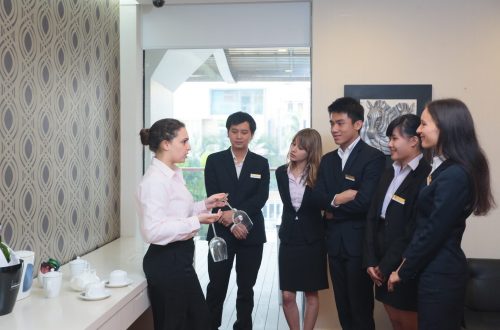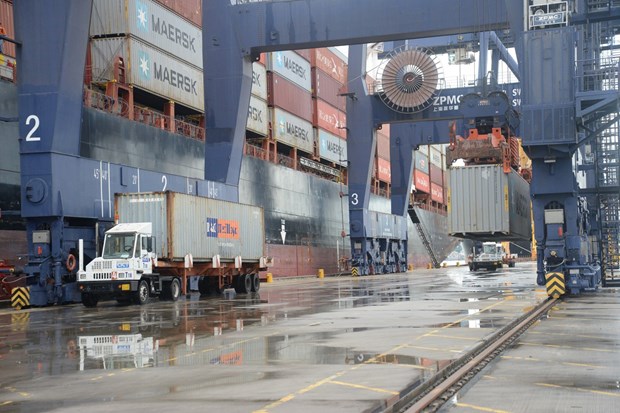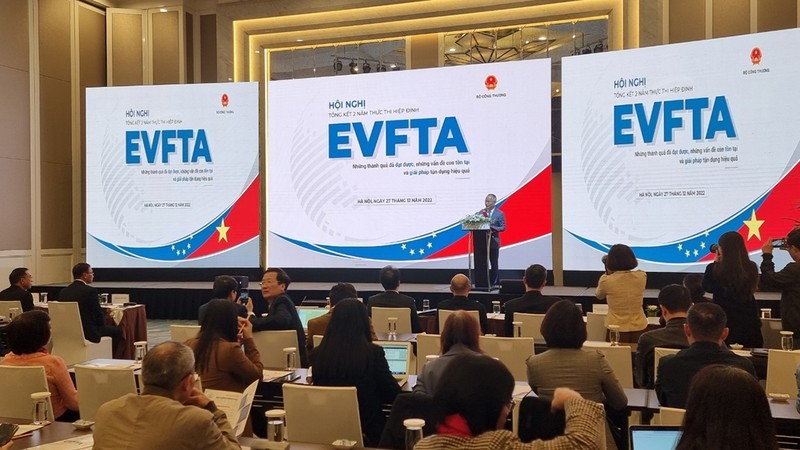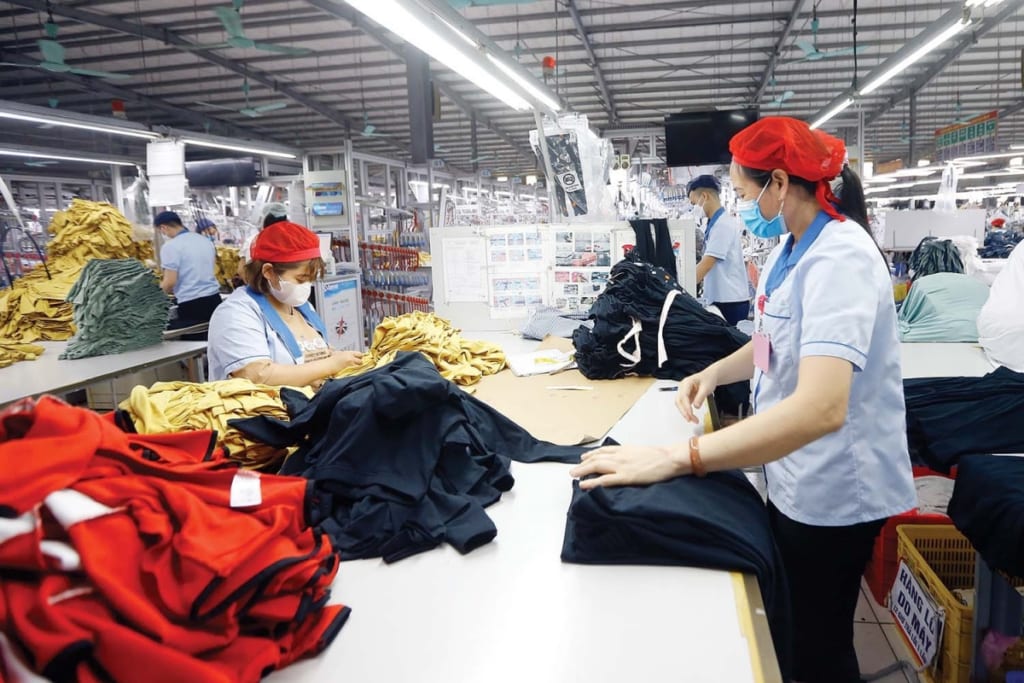With the world’s tourism industry on the rise, demand for skilled hospitality professionals is growing. Vietnamese workers, known for their adaptability, dedication, and exceptional service standards, are increasingly recognized assets in international hospitality. This article delves into why Vietnamese hospitality professionals are thriving globally and how their unique skills benefit the industry.
1. Understanding the Global Demand for Hospitality Workers from Vietnam
The hospitality sector’s growth across regions—from luxury hotels in Europe to eco-resorts in Asia—means finding dependable, well-trained staff is critical. Vietnamese workers offer a valuable mix of skills, professionalism, and cultural adaptability, making them well-suited to meet these needs.
Why Vietnamese Workers Fit the Hospitality Sector Well
Known for their attentiveness and commitment, Vietnamese workers adapt quickly to roles in hotels, resorts, and restaurants. The growing demand highlights how Vietnamese professionals are becoming essential contributors to international hospitality, enhancing guest experiences globally.
2. Key Strengths of Vietnamese Workers in Hospitality
Employers around the world often cite several qualities that set Vietnamese hospitality professionals apart. Their dedication to delivering seamless, high-quality guest service has made them a preferred choice in various hospitality roles.
Customer Service Dedication
Vietnamese workers are known for a polite, guest-centered approach, which translates well in hospitality. Their commitment to creating memorable guest experiences often leaves a lasting impression, contributing to high satisfaction and positive reviews.
Adaptability in Diverse Cultural Settings
The cultural adaptability of Vietnamese professionals makes them particularly effective in multicultural environments. Their respect for different cultures enables them to connect with diverse guests, enhancing overall guest satisfaction.
Consistent Work Ethic
A strong sense of responsibility and diligence is typical among Vietnamese workers, making them dependable in settings that demand high standards. Their reputation for hard work and consistency is a significant asset in maintaining the quality standards required by international employers.
3. Training Programs and Skill Development
Vietnam places a high priority on hospitality training, producing workers equipped with the skills necessary to excel internationally. Vocational programs emphasize both practical and soft skills, including guest interaction, language training, and technical knowledge.
Vocational Programs and Language Training
Many Vietnamese workers undergo vocational courses covering areas like guest services, food and beverage, and housekeeping. Language proficiency, especially in English, is often integrated into training, allowing workers to communicate effectively with a diverse clientele.
Real-World Training Through Internships
Internships at local hotels provide hands-on experience, preparing workers for international roles. These practical opportunities allow Vietnamese hospitality professionals to develop skills that are directly transferable to global settings.
4. Roles and Skillsets in High Demand
Vietnamese professionals are known for excelling in a variety of roles within the hospitality sector. Their diverse training and dedication make them suitable for multiple hospitality roles that demand a range of interpersonal and technical skills.
Guest Relations and Front Desk Excellence
Guest-facing roles like concierge and front desk require attentiveness and efficient problem-solving, qualities that Vietnamese professionals demonstrate. Their focus on guest comfort and smooth communication helps create a welcoming environment for travelers from all backgrounds.
Food and Beverage Services
Many Vietnamese hospitality workers bring skill in food and beverage services, where they handle restaurant operations, catering, and banquets with professionalism. Their ability to deliver quality service with attention to detail adds value in high-standard dining establishments.
Housekeeping and Maintenance
In housekeeping, Vietnamese workers’ dedication to cleanliness and orderliness ensures that guest rooms and facilities are well-maintained. Their focus on hygiene and detail plays a key role in creating comfortable and inviting spaces for guests.
Event Support and Coordination
Event support roles in hospitality involve organizing gatherings, meetings, and celebrations. Vietnamese professionals bring meticulous organization and a cooperative spirit, essential for coordinating successful events and managing guest needs.
5. Soft Skills and Cultural Traits
Apart from technical expertise, Vietnamese hospitality workers bring valuable soft skills that enhance their appeal to international employers.
Respectful and Polite Communication
Vietnamese culture values respect, which aligns naturally with hospitality industry standards. Workers from Vietnam consistently demonstrate respect and politeness, making them ideal for roles requiring tact and customer care.
Teamwork and Cooperative Spirit
In the hospitality industry, teamwork is critical. Vietnamese workers tend to collaborate well, contributing positively to team environments. Their cooperation and readiness to support one another make them reliable team members in fast-paced settings.
Strong Adaptability and Problem-Solving Abilities
Adapting to new settings is essential for international roles. Vietnamese workers handle this transition smoothly, often showing quick learning and the ability to resolve challenges efficiently.
6. Overcoming Challenges in International Hospitality Roles
Despite their strengths, Vietnamese hospitality professionals encounter unique challenges when working abroad. However, these challenges also provide opportunities for growth and skill enhancement.
Adjusting to New Service Standards
Service standards and guest expectations vary widely by region, and Vietnamese workers often adapt quickly to these differences. This flexibility allows them to meet a range of service requirements and develop versatile skill sets.
Navigating Language and Cultural Differences
Although many Vietnamese workers receive language training, adapting to regional accents and dialects can still be challenging. However, most approach this as an opportunity to improve communication skills, enhancing their language abilities over time.
Building Long-Term Careers and Advancing in Hospitality
International roles provide growth opportunities, allowing Vietnamese workers to build solid careers and even progress to leadership positions. Their adaptability and dedication often translate into long-term success and job satisfaction.
7. Success Stories of Vietnamese Hospitality Workers in Global Markets
Numerous Vietnamese hospitality professionals have found success in international roles, working with renowned hotel chains, luxury resorts, and global hospitality companies.
Individual Successes and Career Growth
Many Vietnamese professionals have advanced from entry-level positions to supervisory roles, highlighting their career growth potential. These stories showcase the impact of Vietnamese hospitality workers on international teams and their contribution to exceptional guest experiences.
Positive Feedback from Employers
Employers frequently praise Vietnamese hospitality workers for their positive attitudes and consistent performance. Testimonials from international employers underscore the value these professionals add, both to guest satisfaction and team dynamics.
8. Future Prospects for Vietnamese Hospitality Workers
As the global tourism industry continues to expand, demand for Vietnamese hospitality workers is likely to grow as well. Vietnam’s emphasis on hospitality training, combined with increasing international demand, suggests a bright future for Vietnamese professionals in this sector.
Expansion into New Tourism Markets
Beyond traditional hospitality roles, Vietnamese workers are finding opportunities in specialized tourism segments, such as eco-tourism, luxury services, and cruise ship hospitality. These emerging markets create additional roles for Vietnamese professionals.
Government Initiatives and Enhanced Training Programs
Vietnam’s government continues to support hospitality training programs, providing resources to improve language skills and technical knowledge. These initiatives ensure that Vietnamese professionals remain competitive and prepared for evolving global demands.
Opportunities in Technologically Enhanced Hospitality Roles
As the hospitality industry integrates technology, Vietnamese workers are increasingly trained to manage digital tools, from booking systems to guest service apps. This tech-savvy training positions them well for future roles where technology plays a vital role in guest interactions.
Conclusion
Vietnamese hospitality workers bring a unique mix of professionalism, dedication, and cultural compatibility to international roles, making them invaluable assets in global tourism. Their commitment to quality service, combined with strong training and adaptability, has earned them a respected place in hospitality.
As the industry grows, the demand for Vietnamese hospitality professionals is set to rise, supported by government initiatives and enhanced training programs. With the qualities they bring to the field, Vietnamese hospitality workers are poised to continue making significant contributions to guest satisfaction and operational success across global markets.




